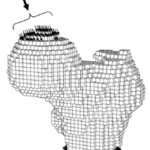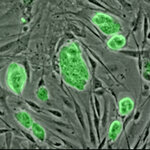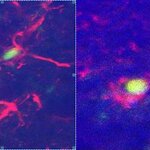
Scientists at the University of North Carolina at Chapel Hill School of Medicine say they have discovered a gene that when mutated causes obesity by dampening the body's ability to burn energy while leaving appetite unaffected.
The new research could potentially lead to new pharmacologic approaches to treating obesity in humans that do not target the brain, according to study senior author Yi Zhang, Ph.D., Howard Hughes Medical Institute investigator and professor of biochemistry and biophysics in the UNC School of Medicine. Zhang is also a member of the UNC Lineberger Comprehensive…


